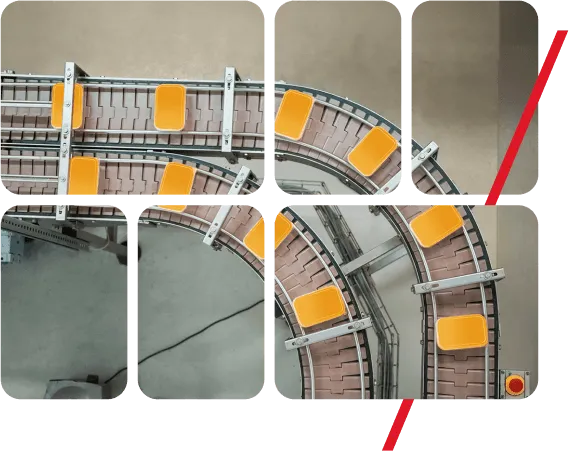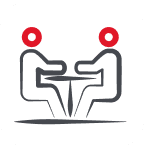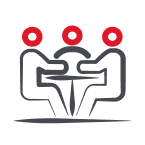About the role:
The AI Application Engineer bridges the gap between advanced AI capabilities and practical software implementation. This role focuses on embedding pre-trained large language models, intelligent agents, and RAG systems into production-grade applications, enabling natural language reasoning, automation, and data-driven interactions across business platforms. This role is more focused towards applied engineering of intelligent systems rather than core machine learning development.
Responsibilities:
- Design and implement AI-driven features powered by LLMs, vector search, and retrieval-augmented generation techniques
- Build, integrate, and orchestrate intelligent agents capable of reasoning and autonomous task completion using frameworks such Azure AI Foundry, Google Vertex AI, Amazon Bedrock or LangChain
- Connect AI models and agents with APIs, external tools, knowledge bases, and databases to support dynamic workflows
- Develop backend services and microservices that interact efficiently with model endpoints (e.g., OpenAI, Anthropic, Azure OpenAI, Gemini or other cloud or local models)
- Prototype and productionize AI copilots, assistants, and chat interfaces within enterprise or SaaS environments.
- Implement retrieval mechanisms using vector databases (e.g., Azure AI Search, Pinecone, FAISS, Milvus) to enable contextual grounding of language model outputs
- Collaborate with product and UX teams to align AI integrations with user needs and ensure reliable, explainable system behavior
- Monitor AI-driven services for latency, cost efficiency, and performance consistency in real-world deployment
- Maintain documentation for AI integration frameworks, agent logic, and deployment architectures
- Lead the development and deployment of AI applications, managing the full lifecycle from ideation to production
- Mentor junior engineers, providing guidance and support to enhance team performance and technical prowess
What we are looking for:
- Bachelor’s or Master’s degree in Computer Science, Software Engineering, AI, or a related technical field
- Strong programming experience with at least one of the following languages: Python, TypeScript or Node.js, Java
- Familiarity with modern LLM frameworks and toolkits: Semantic Kernel Agent Framework, Azure AI Foundry Agent Service, LangChain, LlamaIndex, etc
- Practical understanding of vector search, RAG design, and prompt engineering
- Experience with cloud AI platforms (Azure AI Services, AWS Bedrock, or GCP Vertex AI)
- Proven experience integrating APIs and deploying AI-based microservices
- Robust knowledge of REST, GraphQL, and event-driven architecture
- Ability to reason about agent workflows, state management, and orchestration logic
Nice to have:
- Experience with building conversational frontends (e.g., web chat UIs, Microsoft 365 Copilot plugins, Slack/Teams bots)
- Understanding of model evaluation, safety mechanisms, and hallucination prevention
- Hands-on experience with cloud platforms, such as Azure, GCP, AWS
- Hands-on experience with popular LLMs, such as GPT, Gemini, Claude, including the ability to fine-tune and optimize these models for specific use cases
- Familiarity with containerization (Docker, Kubernetes) and CI/CD practices
- Experience using monitoring tools for agent observability (e.g. Azure AI Foundry Observability, Langfuse, Prometheus, OpenTelemetry)
- Eagerness and ability to learn new skills and solve problems
- Contributions to open-source agentic or LLM integration frameworks or a portfolio of projects (e.g., GitHub repository) demonstrating practical experience in building applications with LLMs, agents, or RAG systems is highly desirable


















































